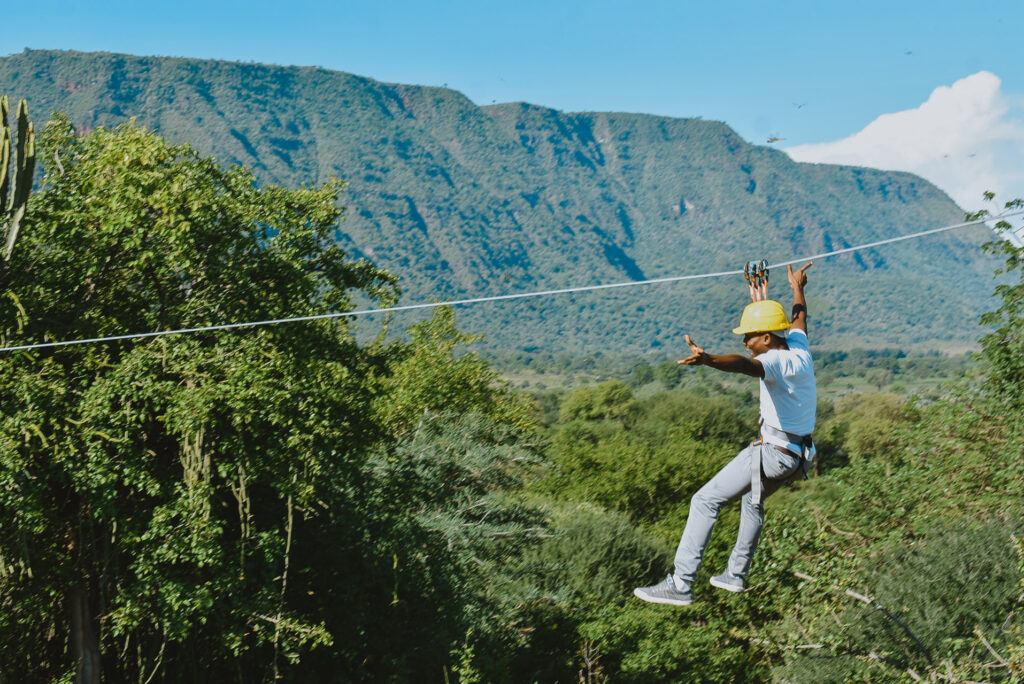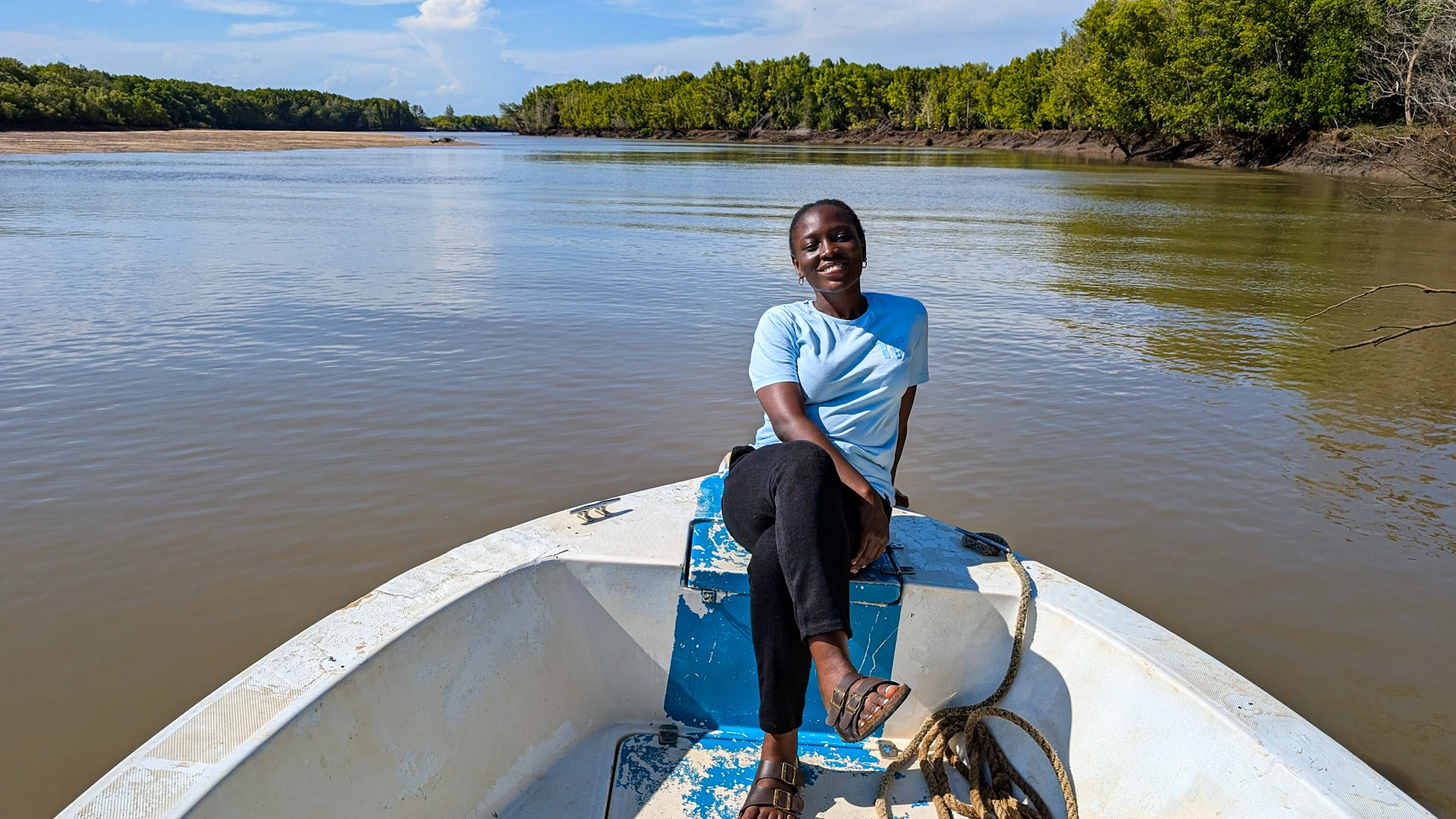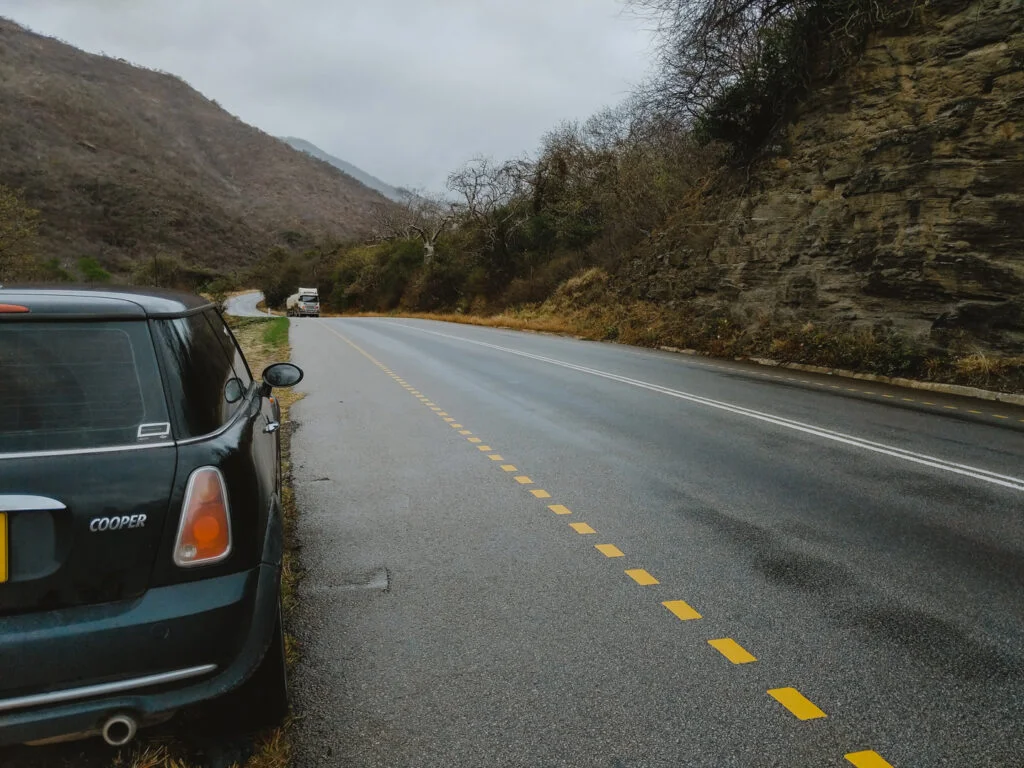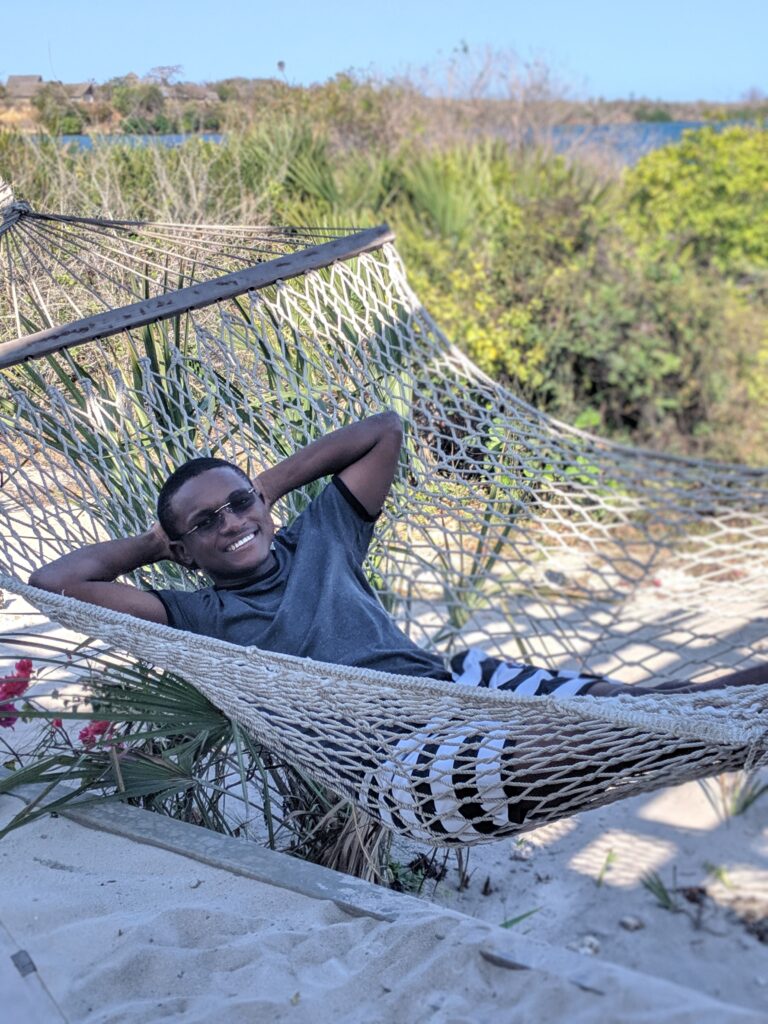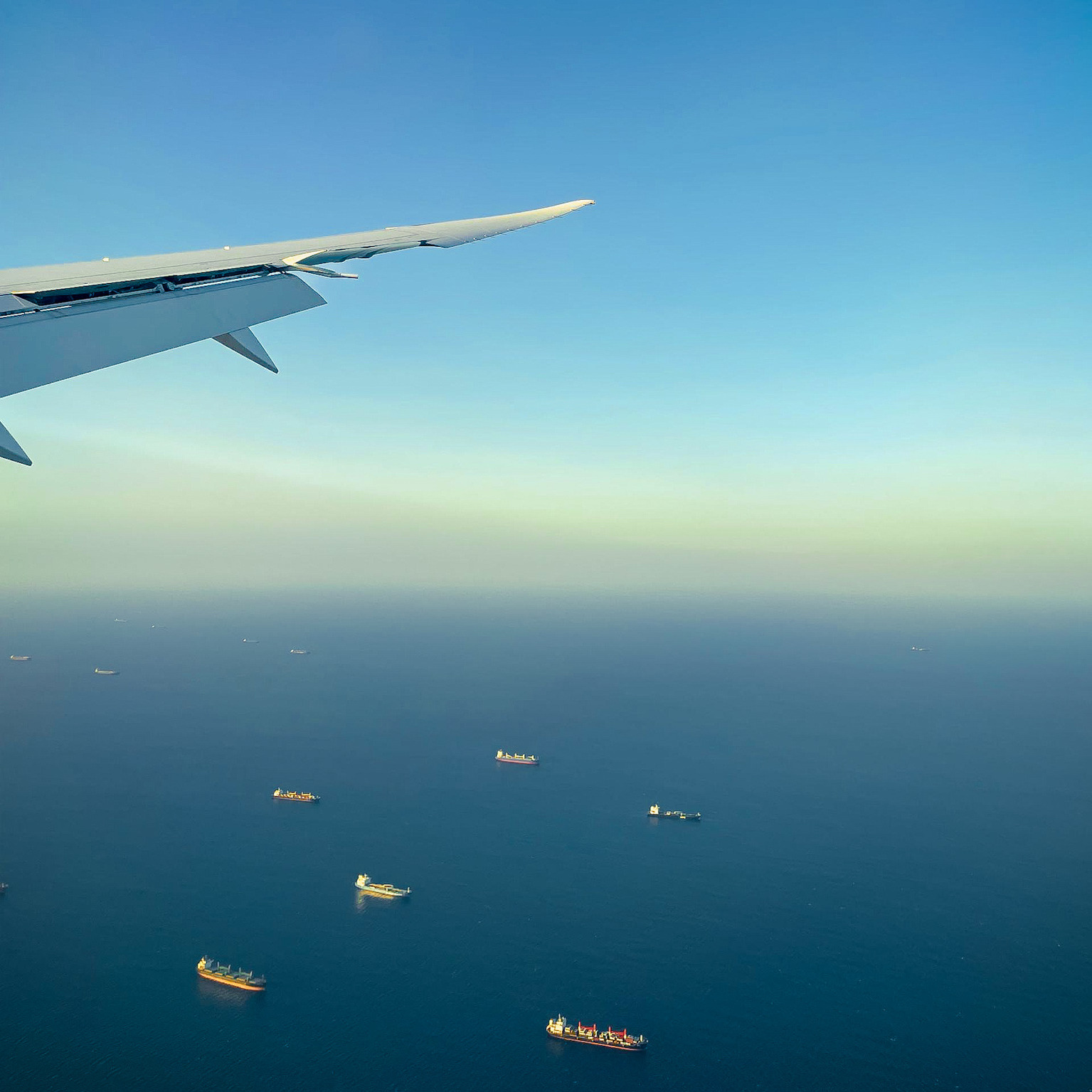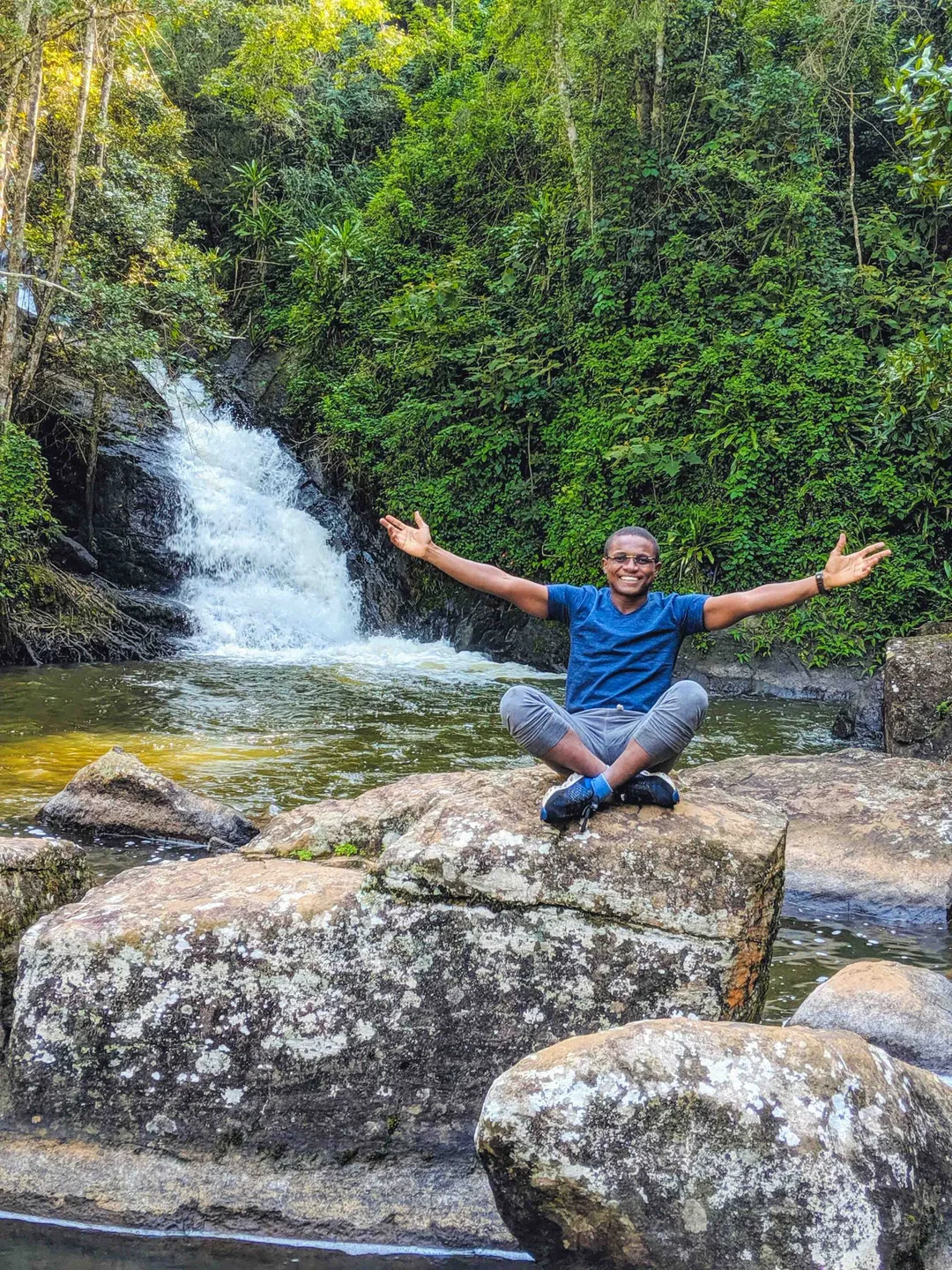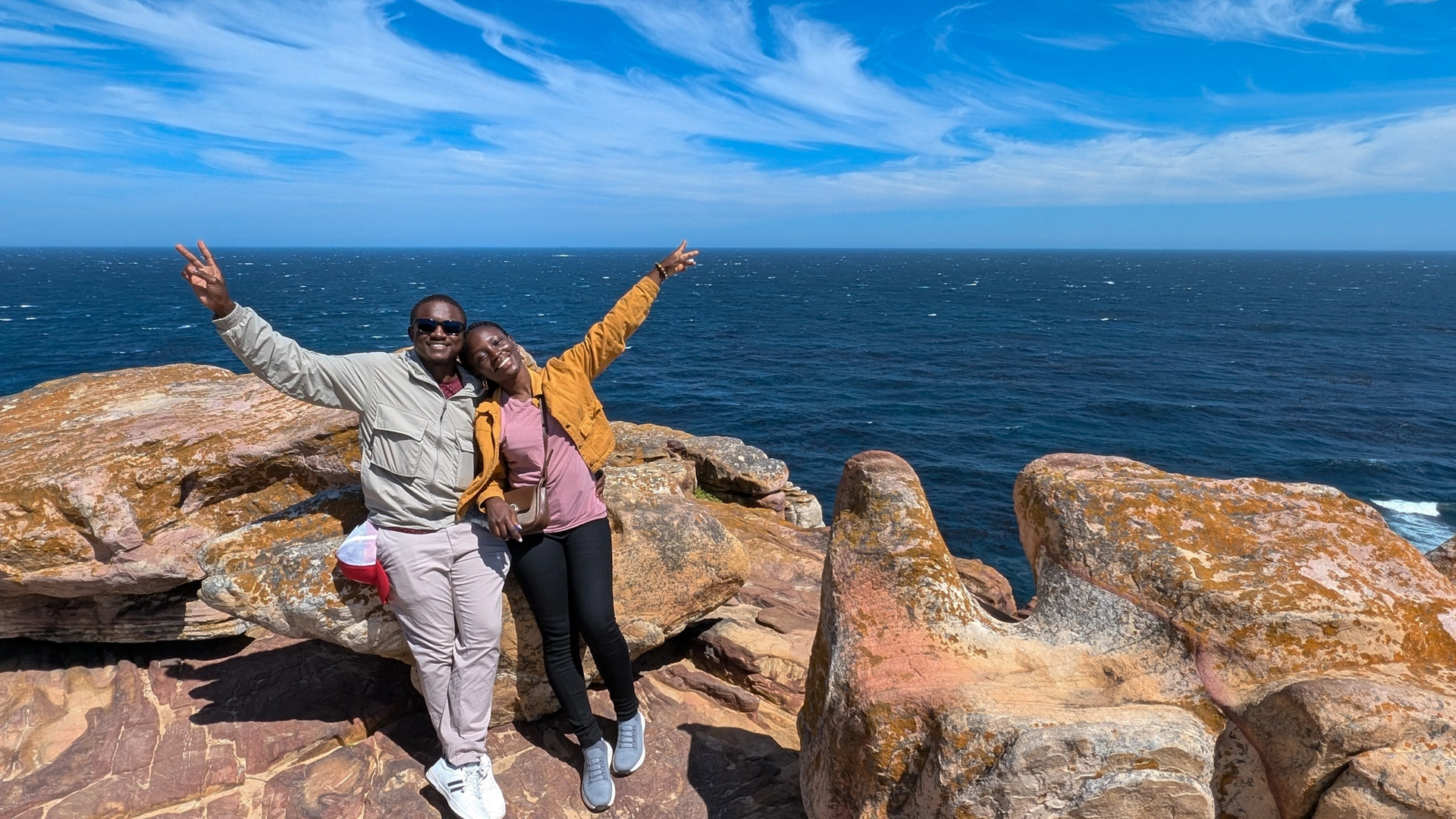The Ultimate Guide to Budgeting for Your Trip
- 26/03/2025
- 6 Min Read
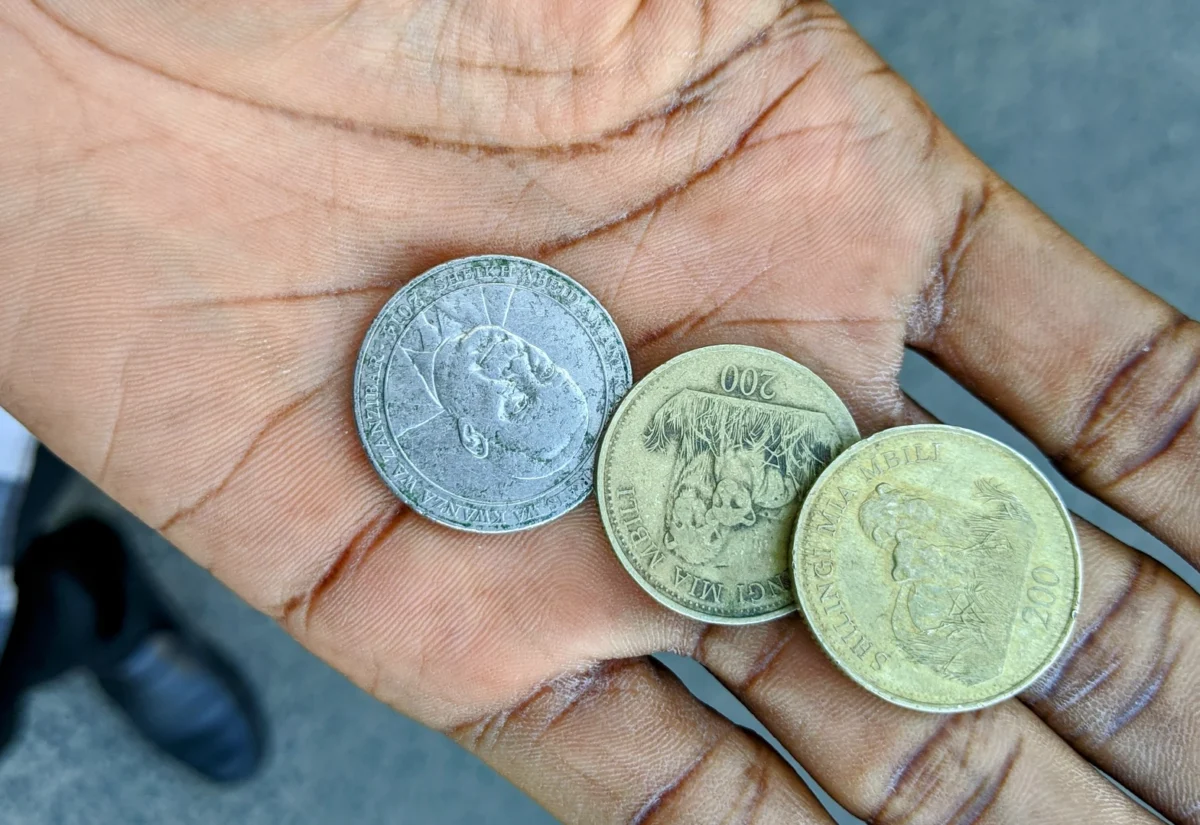
Traveling is one of life’s most rewarding experiences – exploring new cultures, meeting people, and creating unforgettable memories. Before you even think about packing your bags, the most crucial step is to establish a realistic budget. Think of it as your financial compass, guiding you through your trip without any unexpected detours into debt.
Approaches to Setting Your Budget
Before diving into expenses, decide how you want to structure your budget:
- Budget-First Planning: Set a fixed amount you’re willing to spend, then plan your trip within that limit. This works well for travelers with strict financial constraints.
- Trip-First Planning: Outline your dream itinerary first, calculate the total cost, and then adjust by cutting unnecessary expenses or saving more. This is ideal for those prioritizing experiences over strict budgeting.
1. Define Your Trip:
Before you can budget, you need to know what you’re budgeting for. Take some time to clearly define your trip:
- Destination: Where are you going? Different destinations have vastly different costs of living.
- Duration: How long will your trip be? A weekend getaway will have a different budget than a month-long adventure.
- Travel Style: Are you a budget backpacker, a mid-range traveler, or someone who prefers luxury? This will significantly impact your spending choices.
- Purpose: Is it a relaxing vacation, an adventure trip, a cultural immersion, or something else? A honeymoon is likely to cost more than an adventurous trip in the mountains.
2. Research and Estimate Costs:
This is the most crucial step in creating an accurate budget. Here, I’ll highlight the major expense items on each trip. You may customize the items depending on how you picture your trip
Transportation:
- Know the means you are going to use and consider any pre-trip transportation costs (to the airport, etc.):
- Road trips: Know the distance to your destination and calculate the fuel costs by factoring in the total distance to be travelled and the car’s fuel consumption. Here, you may also factor in other costs for getting the car ready for the trip, such as service, tires, etc.
- Flights: Use flight comparison websites and consider different airlines and travel dates. I usually prefer Google Flights, Kayak and Kiwi for getting the best offers before making the booking.
- Factor in transportation costs at your destination (local transport, taxis, ride-sharing).
Accommodation:
- Research extensively about various accommodation options: hotels, hostels, guesthouses, etc. I usually use Airbnb and Booking.com (my favorite for variety of properties and deals) for best offers and control of my budget. For best results:
- Use filters to set your budget cap, specify desired amenities (like Wi-Fi, kitchen) and narrow your search to your preferred area.
- Always check the ratings and reviews from previous guests to get an idea of the host’s reliability and the quality of the accommodation.
- Don’t hesitate to ask the host for discount or any questions you have before booking.
- Consider the location of your accommodation and its impact on transportation costs. A cheaper accommodation far from your activities centre may just cost you as much.
- To save cost, you may also consider having accommodation with breakfast and/or kitchen
Food and Drinks:
- Research the average cost of meals in your destination. Consider local foods when deciding eating out for best prices.
- Factor in drinks, snacks and any special dining experiences you’d like to have.
Activities and Attractions:
This is often the highlight of any trip, so it’s crucial to factor these costs in accurately.
- Before you even book a ticket, research the activities and attractions you want to experience at your destination. Check their websites, search the internet for entry fees, tour prices, best time to visit and opening hours.
- Book in advance (sometimes), especially for popular attractions or tours. This can help you secure a better price or guarantee your spot.
- Consider free or cheap activities. Many destinations offer free activities, such as exploring parks, walking tours, visiting public museums on certain days, or simply soaking in the local atmosphere.
- Look or ask for discounts. Check for student discounts, senior discounts or local bundled travel passes that might offer reduced entry fees.
Shopping and Souvenirs:
- Decide how much you’re willing to spend on souvenirs and shopping.
Miscellaneous Costs:
- Consider other potential costs like travel essentials, communication (SIM card), tips and any last-minute purchases.
- Also, be prepared for potential delays or cancellations.
3. Create a Detailed Budget Breakdown:
Once you have a good understanding of the costs associated with each category, it’s time to create your personalized budget. You can use a spreadsheet, a budgeting app, or even a simple notebook to track your estimated expenses. A clear breakdown helps you track your spending effectively. Allocate a percentage or specific amount to each category. Some categories might require more or less, depending on your trip. A basic structure could look like this (just an example):
- Transportation (Flights, Local Transport) – 30%
- Accommodation – 20%
- Food and Drinks – 15%
- Activities and Entertainment – 20%
- Shopping and Souvenirs – 10%
- Miscellaneous – 5%
Build in a buffer (contingency fund). It’s always wise to have a small percentage (e.g., 10-15%) of your total budget set aside for emergencies and unexpected expenses
Pro Tips For Smart Spending:
Book Smart (Timing is Everything)
- Travel during the low tourist seasons at your destination for better prices and deals.
- Plan ahead, especially for international trips. Booking flights 4-6 months in advance can significantly reduce costs.
- Target weekday flights, which are typically cheaper than weekend departures.
- Consider night flights to maximize your travel budget by saving on accommodation and creating more daytime exploration opportunities.
Daily Expense Management
- Continuously monitor your spending and be prepared to adjust. A successful travel budget isn’t rigid – it’s adaptable. Track your daily expenses using apps or a simple spreadsheet, allowing you to make real-time financial decisions.
Free and Low-Cost Experiences
- Explore free walking tours, public parks, and community cultural events.
- Use public transportation instead of taxis or ride-hailing services.
- Seek out local markets and street food vendors for delicious, affordable meals.
Accommodation and Dining Hacks
- Choose accommodations with kitchen facilities (like Airbnbs) to prepare some of your meals.
- Take advantage of happy hour deals at local establishments.
- Look for accommodations that include breakfast to reduce food expenses
- Look for accommodations closer to your activities.
International Travel
- Research and monitor current exchange rates to understand your actual spending in your local currency.
- Use free Wi-Fi to avoid expensive roaming charges
- Sign up for loyalty. programs with airlines and hotels (They can lead to unexpected compliments).
